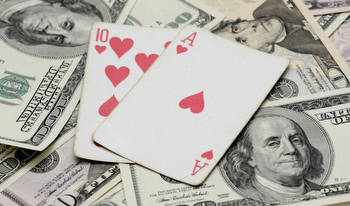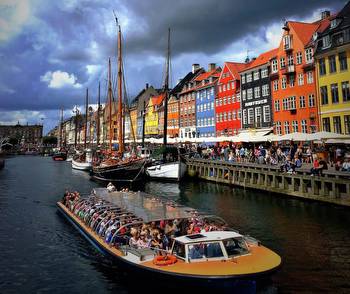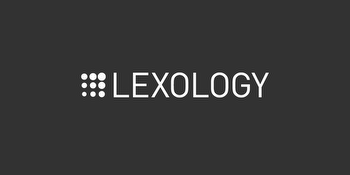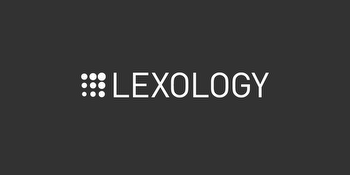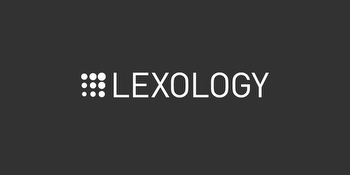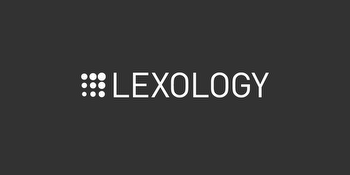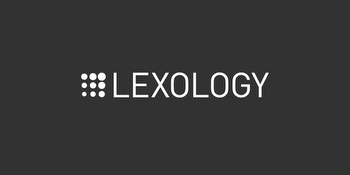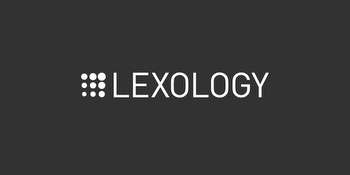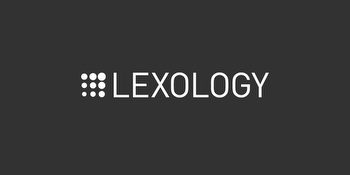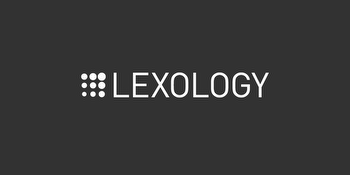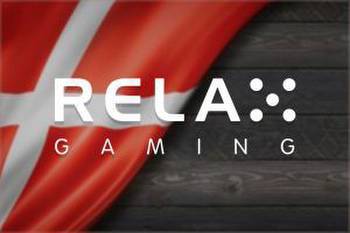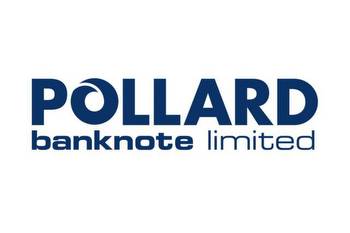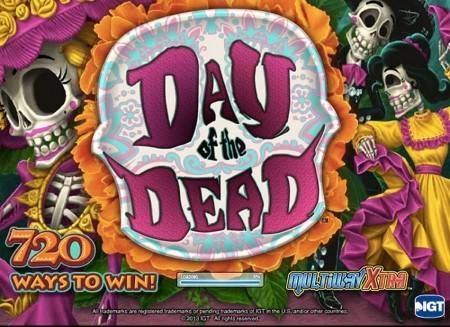In review: licensing and taxation of gambling activities in Denmark

The Gambling Act of 2012 is the main legislation governing all gambling in Denmark. It was passed unanimously in the Danish parliament on 4 June 2010. The main exception to the general prohibition was the state-owned monopoly operator Danske Spil A/S, which was granted an exclusive licence to offer betting, lotteries and online gambling. The relevant minister has been granted the legal authoritative powers to issue specific regulations on certain areas. Since the enactment of the Gabbling Act, the aim of Danish G gambling authority is to develop the market for the mutual benefit of all stakeholders.
A land-based casino can be allowed to operate in a specific location. The location must be approved by local police and the city council. Slot machines operated under a different licence are allowed only smaller maximum wagers and smaller prices than those operated inside the casino. There are no geographical restrictions for outlets for lottery and betting. Online gambling is available via the internet, mobile phones, tablets, television and any medium suitable for remote communication. Taking wager from non-Danish players is not covered by the Danish licence. The legality of the gambling depends on the laws in the country from where the wagets are placed.
Gambling activities in Denmark must be approved by local police and the city council. It cannot be in the vicinity of a school or any other building where children are present.
Gambling duty in Denmark is 28% of GGR. The gambling duty on prizes awarded in prize draws and games without wagers is 17.5%. Winnings from non-licensed gambling are personal income and are taxed as such with a rate of up to 62%. Gambling is exempt from VAT. Gifting duty is a business expense and can be deducted in the operator's corporate taxes.








